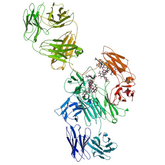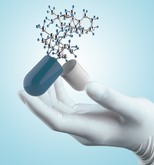Biosimilars/Research
|
Posted 03/12/2021
To conduct a comparative study of the health registration regulations for biological and biotechnological drugs in Latin America, Ramírez-Telles et al. made an approximation, as clear as possible, of biological terms: regulatory authority of reference, biotechnological drug, reference biological drug and innovative product. Its objective was to detect the differences and what these variations entailed when comparing the following Latin American countries: Brazil, Chile, Costa Rica, Cuba, Dominican Republic, El Salvador, Guatemala, Honduras and Panama [1].























